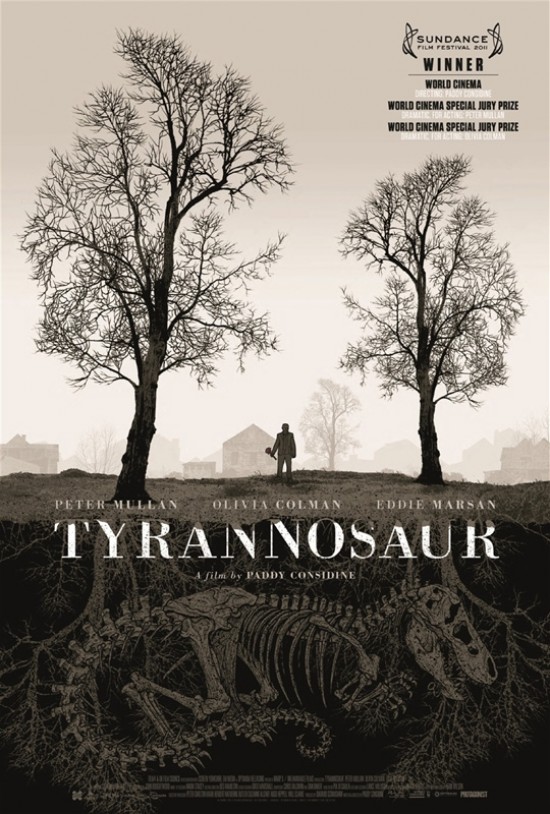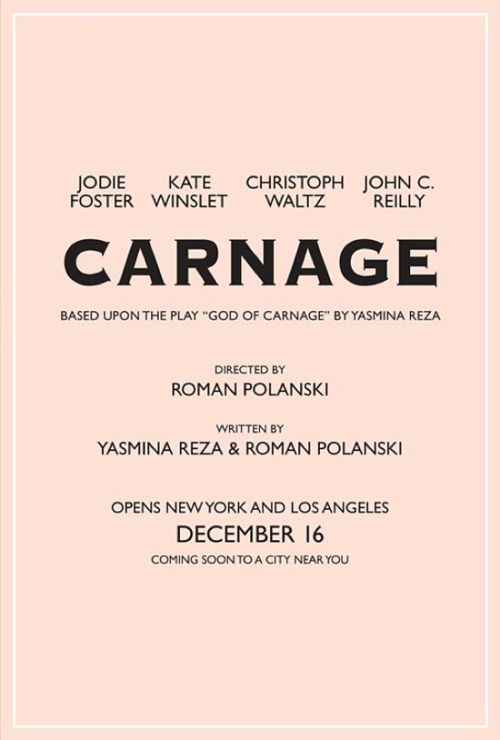by Gordon

Directed by: Matthew Vaughn
Released: 2004
Rating: R [strong brutal violence, sexuality, nudity, pervasive language and drug use]
Runtime: 105 min.
Main Cast: Daniel Craig, Sienna Miller, Michael Gambon, Tom Hardy
Rotten Tomatoes: 88% IMDB: 7.4/10

I had never heard about Layer Cake until recently, and though the film doesn’t seem to have made much more than a blip on the mainstream market, critics seem to think it’s up there along with the best of the “bloke Brit-flicks” (stole the descriptor from the poster), and I’m always up for additions to the genre. Daniel Craig, in a way playing 007 before ever doing so officially, right off the bat exudes his now-to-be-expected movie star badass persona, but not without just enough character believability, not unlike that seen in the equally great Clive Owen. And as a cursing and personable narrator introducing us to the quasi-futuristic drug and crime world of the film’s story, I was drawn in right away.
Craig plays Agent XXXX, and though we follow his mostly good-natured character’s trials and adventures for the duration of the movie, he’s not really a “hero” (not many cocaine distributors are). But as a sucker for British-spoken, villainous organizations, where dialogue adjectives like “bloimey” and “bloody” are commonplace, and the line between good and evil intentions is dishearteningly obscure, that wasn’t a real problem for me. My only “trifle” with the British-colored, 90-minute spectacle is that all of its excess at times came off as a bit contrived, as if everything was simply trying to be in the vain of trademark Guy Ritchie films like Snatch or Lock, Stock and Two Smoking Barrels.
Now, just as I’m not often actively concerned with the lyrical quality behind some of my favorite music, I’m not always too put down by movies that I can’t coherently follow (if it can make up for the loss in other, perhaps more creative ways). But with Layer Cake, the plot was so hard to follow (it could well be that I’m just too slow, or maybe that confusion was director Matthew Vaughn’s goal anyway), that everything seemed to meld together like a series of semi-coordinated scenes that somehow (if you’re privy to gang-inspired relations), form a cohesive plotline. In my case, the confusion worked against my experience. The ending, though in many ways a letdown, was at least unpredictable, and that may serve the movie better anyway.
Craig really was the movie’s saving grace. He’s so cool and confident that you have to wonder whether the movie specifically served as the motivation behind his being the new Bond choice at all. It’s a charisma he pulls off well, but one which we still hope he chooses to abandon time to time in the continued pursuit of tackling more varied character studies, as we’ve seen him do in films like Road to Perdition and Defiance.
Another plus from the director are the interesting music choices used throughout the film, especially during high-intensity scenes usually involving imminent death. In fact, if you try to forget the rest of the film for certain moments, the scenes sometimes even seem like they could well fit in as morbid music videos played on late night MTV.
Bottom line: If you like “bloke Brit-flicks”, Daniel Craig, or confusion, see it.















